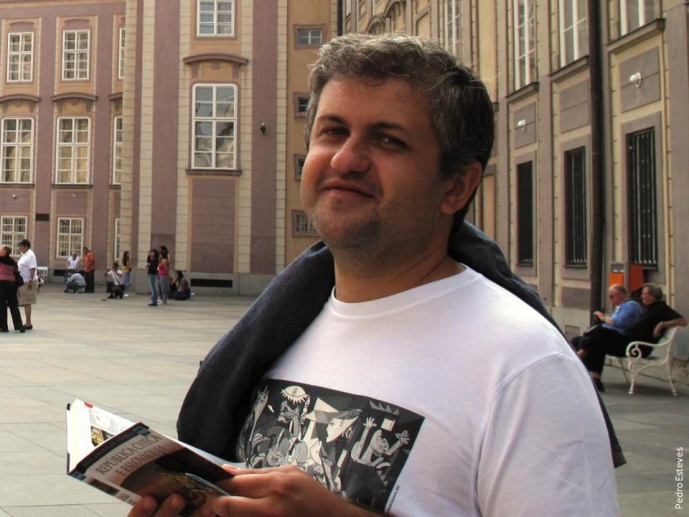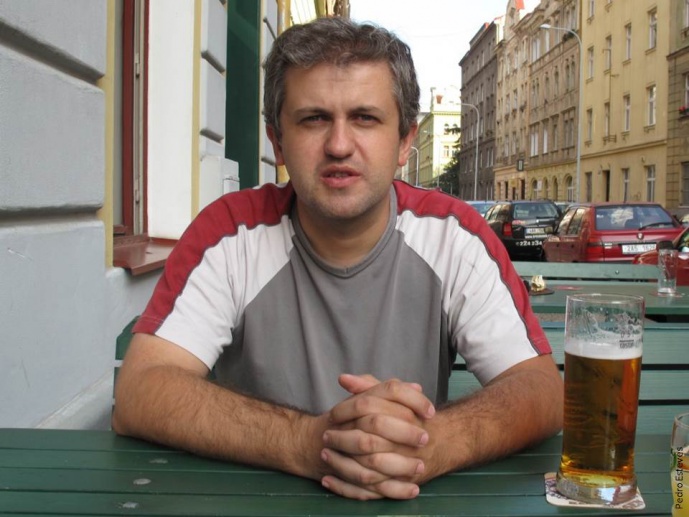Pedro José Esteves
Principal Researcher
Fully graduated as a Biologist in the Faculty of Sciences, University of Porto (1996). Admitted to the degree of Doctor of Philosophy (PhD) in 2003, in the Faculty of Faculty of Science - Universidade do Porto. He became a senior researcher at CIBIO in 2003 and has been a principal investigator since 2016. Since 2013, He is Invited Assistant Professor (University Teacher), in the Faculdade de Ciências, Universidade do Porto, Portugal. Published more than 130 articles in peer-reviewed journals. Works in Biological Sciences with emphasis on Evolutionary Biology. His main research topics are comparative Immunology; host-pathogen interaction; co-evolution; multigene families; Virus Evolution; adaptive immunity; Innate Immunity; Immunology; viral species jump.
Leader of the Group Immunity and Emerging Diseases (IMED) since 2006. The major interest of my Research Group is to study the host-pathogen co-evolutionary processes by monitoring changes in the genetic content of populations of a model species, the European rabbit (O. cuniculus), in relation to two epizootics that have decimated wild populations in the recent past (i.e. Myxomatosis and RHD).
I am also interested in studying the Myxomatosis and RHD that recently jumped to other leporids, like for example the Iberian hares (Lepus granatensis). My main objective is to study the genetic variation at host (rabbit and hares) candidate genes that confer resistance against these diseases, because these are the prime candidates for undergoing adaptive evolutionary change. Insights in the actual changes at the molecular level should contribute to a documented evaluation of current models of parasite-host co-adaptation, and of the role of infectious disease in shaping the recent evolution of the rabbit and hare species. Additionally, I am also interested in virus evolution (endogenous and exogenous) and in the evolution of innate and adaptive immune system genes in vertebrates, like Toll like receptors, Fc receptors, B and T cells, Interleukins, chemokines and chemokine receptors and MHC Class I and II.


